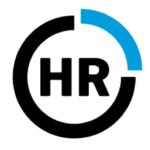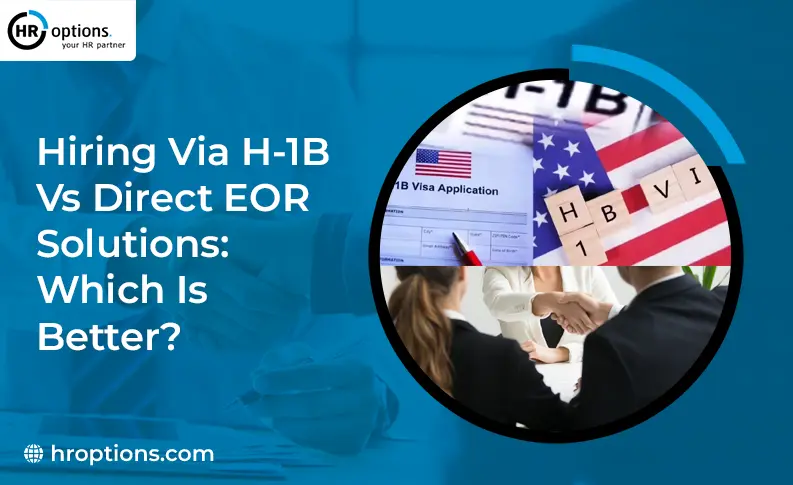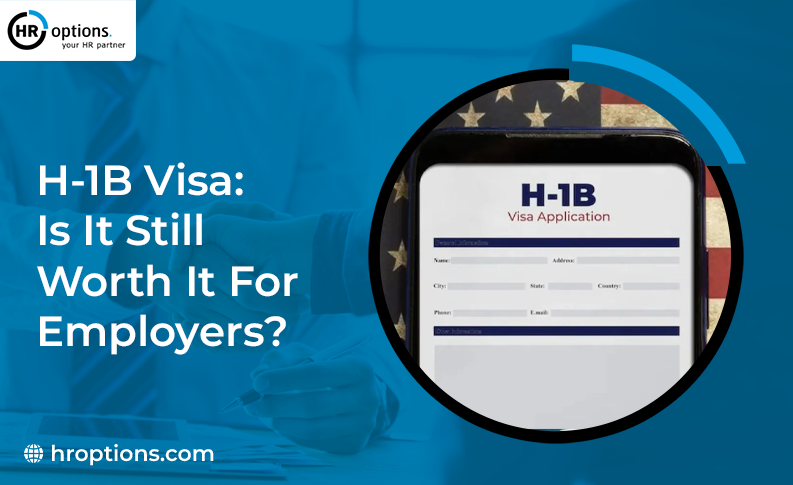WORKPLACE TRENDS #10: (RE) INVENTING HR
 Kirk Herring
Kirk Herring
HR Project Manager | Sr. Recruiter
If you have come this far in my Workplace Trends series, then you know that now, more than ever, the expectations of incoming talent has significantly different expectations for work product, honesty, transparency, workplace flexibility, globalization, and job mobility. For the first time since the great recession, incoming talent has the advantage, and employers have to be innovative in how they attract and retain employees.
Since HR is the front-line of this process, the reinvention of the HR department is more of a necessity rather than a trend. According to a study by Deloitte Press University, only 28% of business leaders feel that HR is highly efficient; and only 20% feel that HR is planning for the company’s future talent needs. Once designed primarily as a compliance function, today’s HR organization must be agile, business-integrated, data-driven, and deeply skilled in attracting, retaining, and developing talent. Combined with that only 11% of employees feel their organization provides “excellent” HR development, simply put, HR is not keeping up with the pace of business culture change.
EXTREME MAKEOVER
As part of this needed shift in the HR department, an extreme retooling and rethinking must happen. The HR role must shift from ‘service provider’ to ‘enabler and builder of talent’. Part of this shift will mean that the HR department will have to shift from a group of HR generalists, to a team of highly skilled business consultants. In order to be a builder of talent, administrative HR jobs are being eliminated by cloud technology and employee self-service capability.
This globalization of talent is shifting power to the employee, thus creating the need for specialists to handle the demand for big data analytics. The rapid adoption of easy-to-access online and mobile applications, and the rapid evolution of cloud technology, will require specialists to advise executives on “people-related” strategies. In order to be at the forefront of this trend, generalists need training on using centralized systems, processes, and be agile enough to act locally to help corporate leaders solve their talent problems.
IT STARTS AT THE TOP
In order for an HR makeover to be effective, the role of the Chief HR Officer (CHRO) is now significantly different and more demanding than ever. Today’s CHRO must possess innovative thinking, and be business savvy enough to stand toe-to-toe with the CEO. A CHRO must be comfortable adopting new technology and analytics, business integration, and be able to stay in front of the needs of the company as well as the ever-changing incoming talent trends.
This leadership quality is significantly different than what many of the existing people in HR leadership roles possess. Research shows that almost 40% of new CHROs come from the internal business units, not from HR.

RESKILLING HR
The need for more HR specialists means one of two things need to happen; eliminate and rehire your existing generalists, or reskill the ones currently in place. A key component to HR transformation is to increase the skills of your existing HR team, including leadership.
One example is to conduct a “master class” to begin the shift of advancing the HR capabilities of your current HR team. By partnering with external experts, these classes focus on business, technology, HR trends, productivity and innovation, and how to effectively divide your time between strategic and operating procedures. The goal of these classes is to map out a development plan, integration of cloud technology, analytics, business acumen, coaching, facilitation, and social media enhancement.
OUTSOURCING
If you are a small or mid-sized company, you may be wondering how can you makeover your HR department when you don’t have a CHRO, a staff of HR generalists or specialists, or the budget to acquire costly new software or technology. As most small company HR managers are occupied with routine day-to-day HR functions, a qualified HR outsourcing company that offers supplemental HR services can offer you a wide array of assistance.
These companies generally have cutting edge technology, experienced HR specialists, and the ability to offer current analytics of global talent acquisition. Some of the services provided by these HR consulting firms are; recruiting, training and development, contingent employment, assessing your current HR capabilities and future needs, employment regulations, and HR management and administration.
Regardless of the size of your company, a significant portion of HR departments need a makeover. It is time for HR to do more than simply manage transactions, implement policies, and hire job applicants. The new HR must understand the needs of the company, the needs of talent, and deliver value-added solutions to their business.

For over 35 years, HR Options® has provided highly personalized solutions aimed at identifying and filling supplemental human resource needs for clients throughout the U.S. and Canada. Whether augmenting your HR department or serving as a complete outsourced solution, our suite of services and experienced professionals will help you navigate through complex and ever-evolving employment regulations in the US and Canada.








